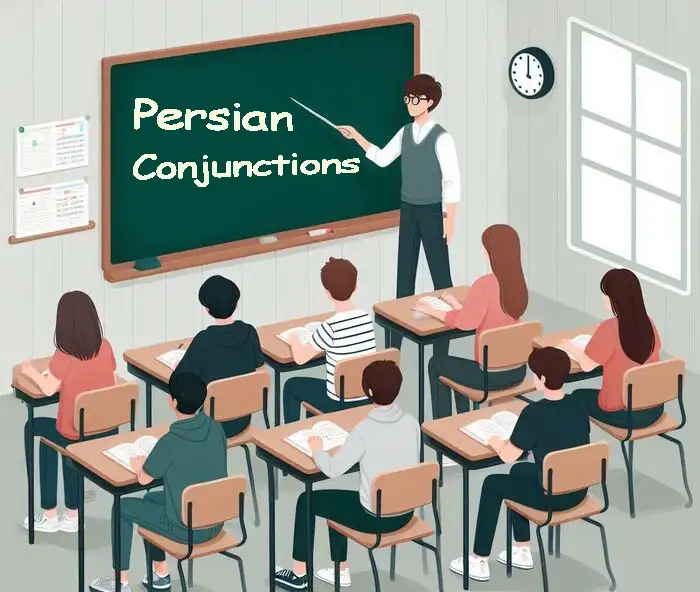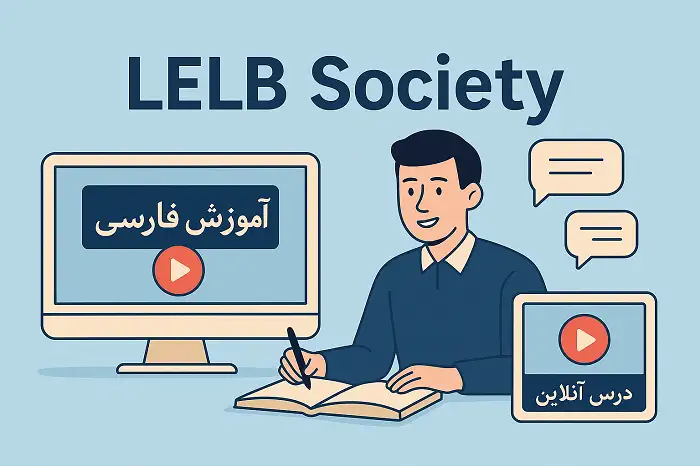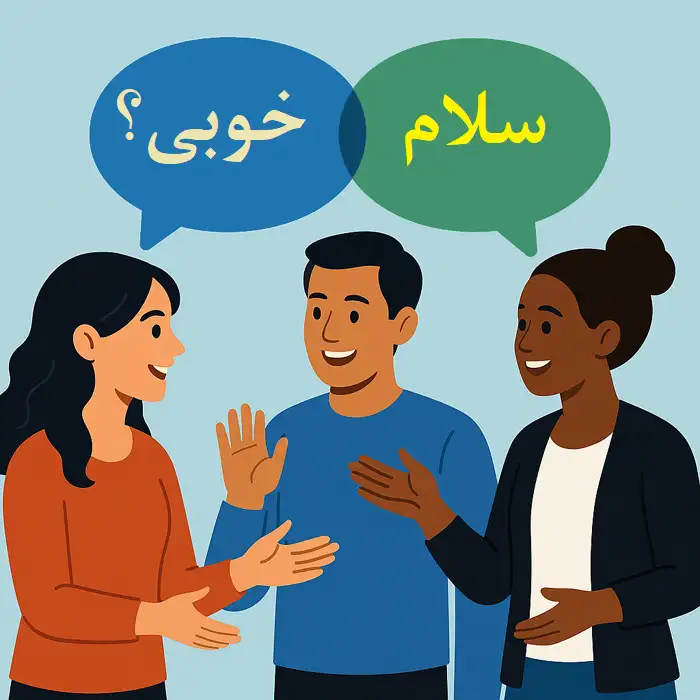Conjunctions, in any language including Persian, are words that connect words, phrases, clauses or sentences. Here are 20 of the most common conjunctions in Persian, along with their meanings and examples: Video of Persian conjunctions What are conjunctions? Conjunctions or واژگان ربطی are words that connect words, phrases, or clauses. They serve as linguistic glue, holding sentences together and expressing relationships between different parts of speech. These relationships can include addition (and - و), contrast (but - اما), cause and effect (because - زیرا), time (when- هنگامی که), condition (if - اگر), and more. Conjunctions are essential for creating clear ...
Home » Learn Persian Online with 500 Persian Lessons + Videos » 20 Most Important Conjunctions in Persian with Examples

20 Most Important Conjunctions in Persian with Examples
Updated: by Dr. Mohammad Hossein Hariri Asl
Time to Read: 8 minutes | 362 Views | No Comments on 20 Most Important Conjunctions in Persian with Examples
Share This Post
About the Author
Dr. Mohammad Hossein Hariri Asl is an English and Persian instructor, educator, researcher, inventor, published author, blogger, SEO expert, website developer, entrepreneur, and the creator of LELB Society. He's got a PhD in TEFL (Teaching English as a Foreign Language).
Number of Posts: 4242


